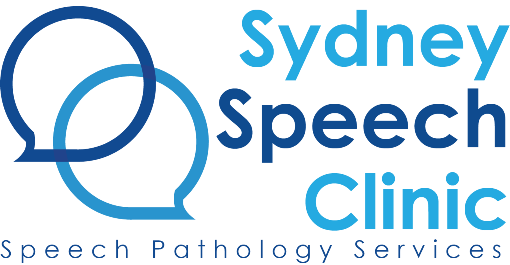What are gross motor skills?
Gross motor skills are those which require whole body movement and which involve the large muscles of the body. These whole body movements rely on having a strong and stable base from which to work. We often talk about ‘postural or core stability’. This refers to the muscles in our back and tummy working to hold our spine, shoulders and hips in a strong, stable position to support our engagement in gross motor skills.
Why are gross motor skills important?
Gross motor skills are the skills that enable children to perform everyday functions, such as walking, running, sitting upright, as well as playground skills (e.g. climbing) and sporting skills (e.g. catching and throwing). These are crucial for everyday self care skills such as dressing (e.g. standing on one leg to put your pants on) and being able to maintain adequate posture for table top activities (e.g. eating and classroom activities).
How can I tell if my child is experiencing difficulties with their gross motor skills?
If a child has difficulties with gross motor skills they might:
- Move rigidly with little fluidity or, alternatively, appear awkward and clumsy.
- Participate in physical activity for only short periods of time or, avoid physical activity altogether.
- Has difficulty maintaining an upright posture when sitting on a mate or at a table.
- Be unable to follow multiple step instructions to complete a physical task.
- Tires easily during physical tasks.
What are gross motor skills?
Gross motor skills are those which require whole body movement and which involve the large muscles of the body. These whole body movements rely on having a strong and stable base from which to work. We often talk about ‘postural or core stability’. This refers to the muscles in our back and tummy working to hold our spine, shoulders and hips in a strong, stable position to support our engagement in gross motor skills.
Why are gross motor skills important?
Gross motor skills are the skills that enable children to perform everyday functions, such as walking, running, sitting upright, as well as playground skills (e.g. climbing) and sporting skills (e.g. catching and throwing). These are crucial for everyday self care skills such as dressing (e.g. standing on one leg to put your pants on) and being able to maintain adequate posture for table top activities (e.g. eating and classroom activities).
How can I tell if my child is experiencing difficulties with their gross motor skills?
If a child has difficulties with gross motor skills they might:
- Move rigidly with little fluidity or, alternatively, appear awkward and clumsy.
- Participate in physical activity for only short periods of time or, avoid physical activity altogether.
- Have difficulty maintaining an upright posture when sitting on a mate or at a table.
- Be unable to follow multiple step instructions to complete a physical task.
- Tire easily during physical tasks.
